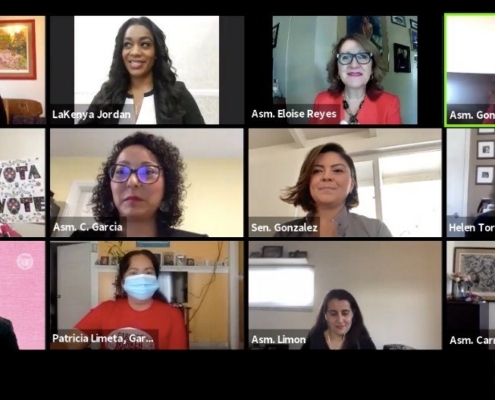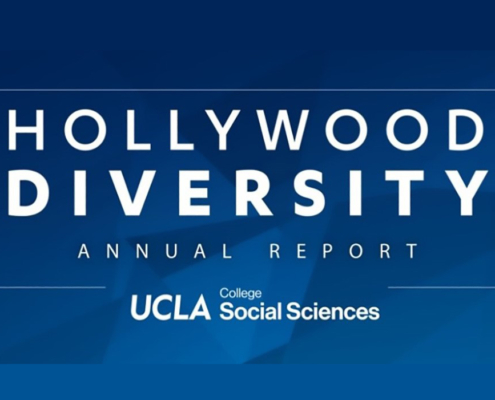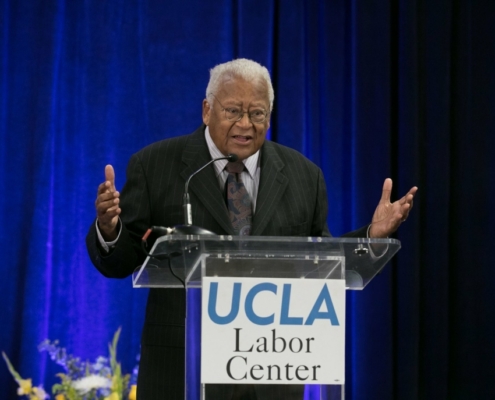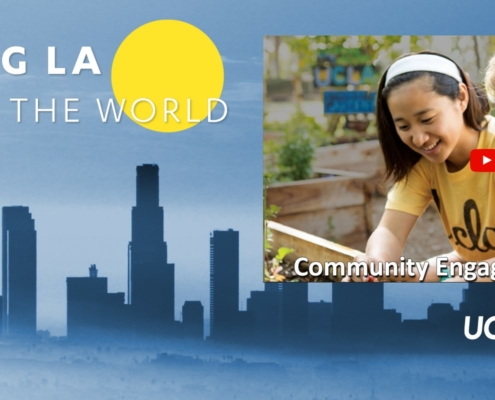
Latinas in California Remain Invisible in Policymaking: UCLA Alumni and Researchers are Looking to Change That
The UCLA Latino Policy and Politics Initiative has supported…

LA Social Science Rising Scholars Series on Carceral Studies with PhD Candidate Uriel Serrano
Uriel Serrano is a PhD candidate in Sociology and Critical…

UCLA Hollywood Diversity Report Receives Funding from CA State Budget
The UCLA Hollywood Diversity Report received a $250,000 allocation…

LA Social Science 2021 Summer Course: Entrepreneurial Communication — Enroll TODAY!
LA Social Science wants to highlight a summer course being offered…

UCLA Labor Center Receives $15 Million to Renovate and Rename Its Downtown Building After Rev. James Lawson Jr.
The UCLA Labor Center has received $15 million from the 2021-22…

LA Social Science Rising Scholars Series on Gentrification in Los Angeles with Dr. Alfredo Huante
Dr. Alfredo Huante is an interdisciplinary social scientist…

UCLA Division of Social Sciences Premieres “Community Engaged Scholarship” Video
Here at UCLA, community engaged scholarship is not an option…

